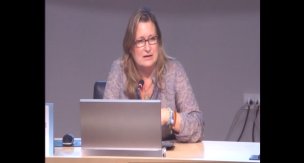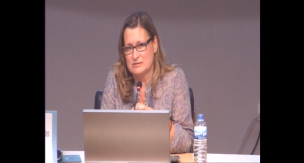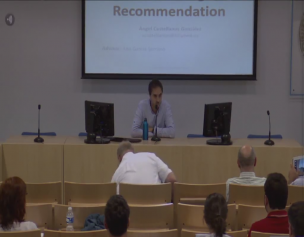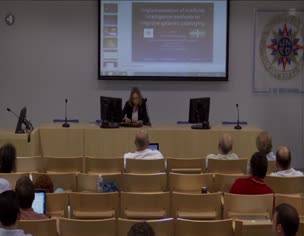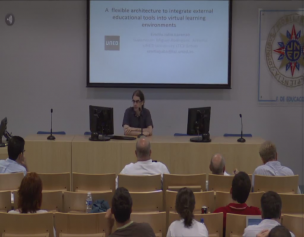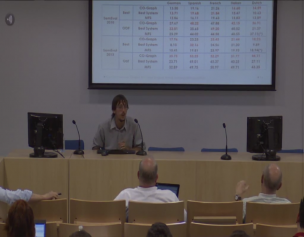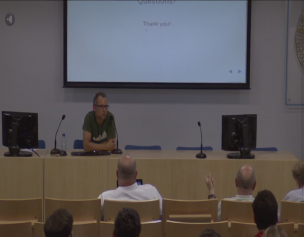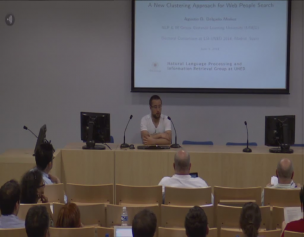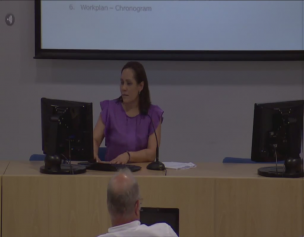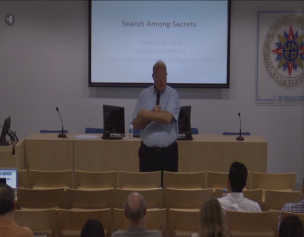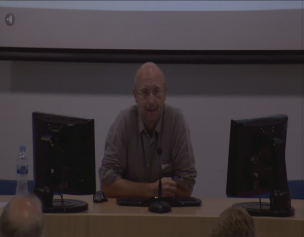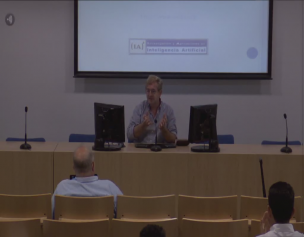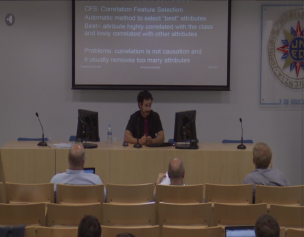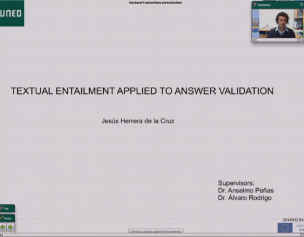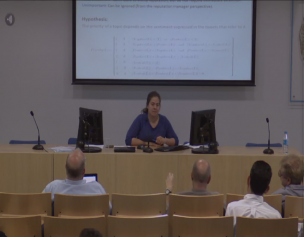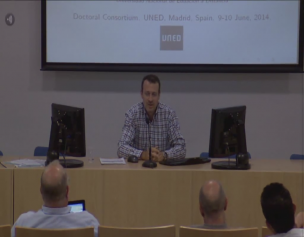Interaction Design for Multilingual Information Access beyond Document Retrieval
Supervisor: Dr. J.Gonzalo
As the number of Internet users grows and more people have access and tools to generate Web contents, more people who do not speak English as their first language enter the global playing field. The language gap is the first barrier to the full exploitation of the available information and Multilingual Information Access (MLIA) technology can facilitate accessing, querying and retrieving information from multiple sources and across languages.
In this work, we describe the stages of a general Cross-Language Information Retrieval (CLIR) system, and we also analyze specific IR problems such as Question Answering and Image Retrieval in the multilingual scenario. In both cases, translation is the key challenge. When the appropriate (in terms of quality and quantity) linguistic resources, dictionaries, corpora, and tools are available, and when we can count on reliable translation probabilities,it has been shown that a CLIR system can perform similarly to its monolingual counterpart.
Unfortunately, the advances achieved in automatic IR systems have not yet been proved successful with real users. While searching for information is an eminently interactive process, little is still known about how to properly assist people to find and use information expressed in unknown languages. In spite of the effort to standardize methodologies drawn from evaluation campaigns such as TREC, CLEF, NTCIR and FIRE and from their participants, many questions remain open.The main goal of the proposed research work is to understand how people behave when searching information in unknown languages. This goal can be divided into the following three objectives:
1. To analyze the behavior of multilingual information access users and the associated challenges to provide optimal cross-language information access.
2. To continue the evaluation methodology and infrastructure proponed at iCLEF (the interactive track of the Cross Language Evaluation Forum).
3. To help developing more effective cross-language search assistants.
-
Víctor Peinado Herencia investigador Departamento Lenguajes y Sistemas Informáticos, UNED


